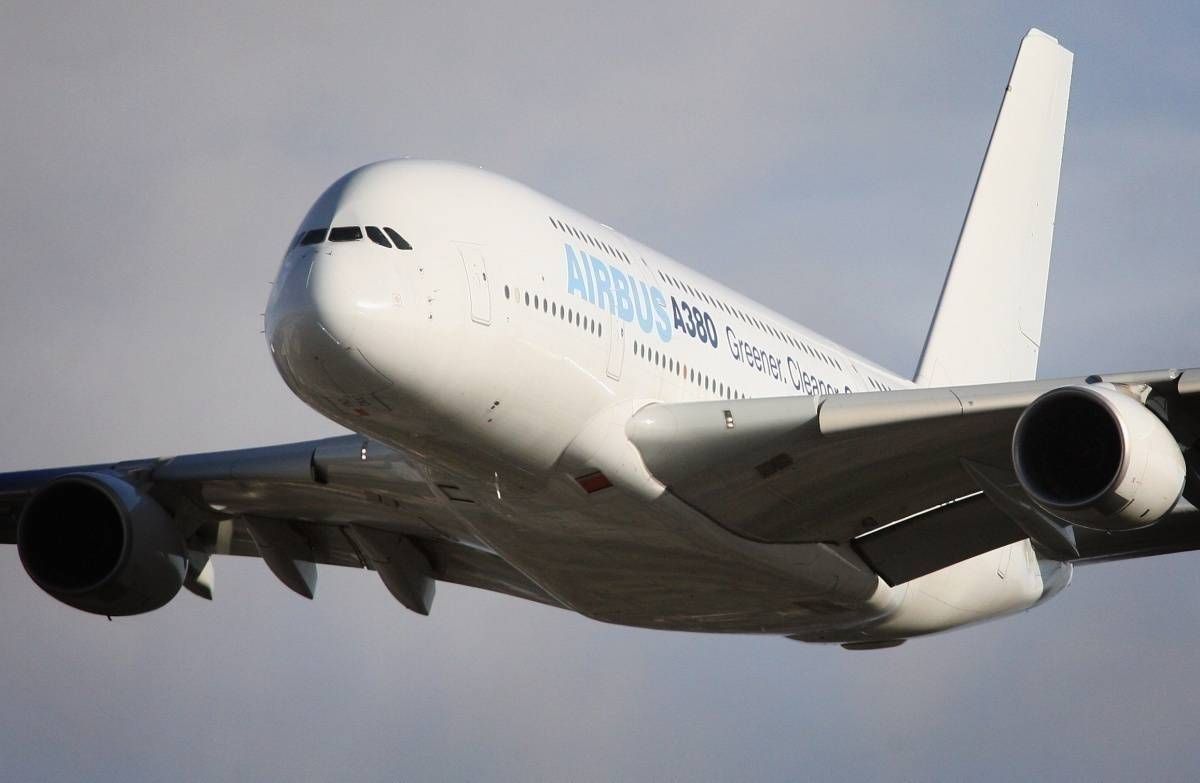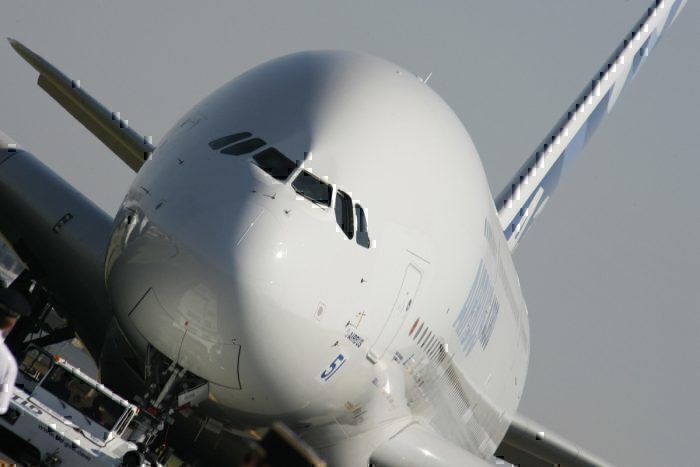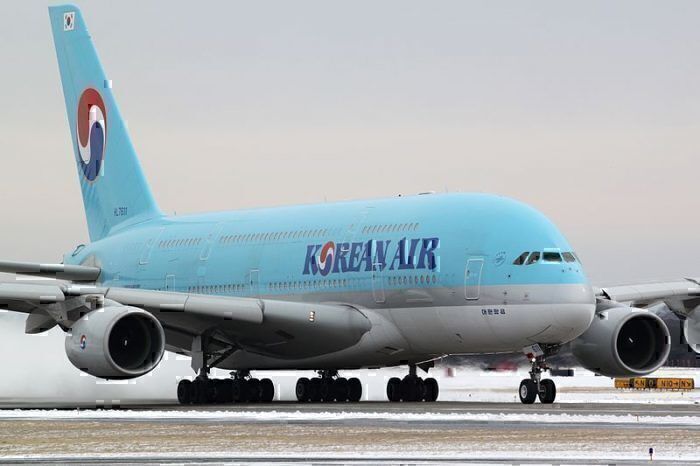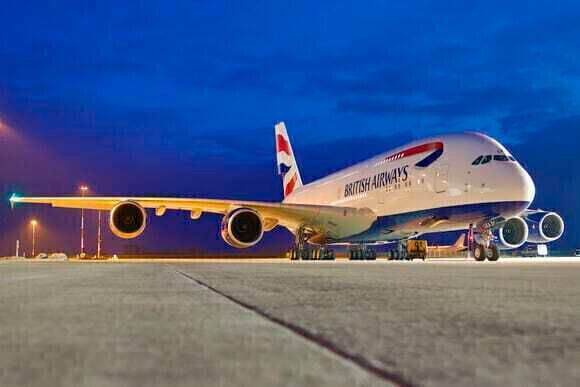It has been a tough week for the Airbus A380. Three big airlines have announced that they are grounding all or most of their A380 fleets. In these lean times, when passenger numbers are plummeting and airlines are busy cutting costs, the shortcomings of the A380 are coming into focus.
An expensive aircraft out of its time
We've all heard the argument that the A380 came into production a decade too late. Never has that been more apparent than now. The A380s can work well on certain routes, but they are big, expensive to run, lack agility, and are constrained as to what routes they can operate on and airports they can land at.
It isn't the sort of handicap airlines want when they look to consolidate routes and reshuffle aircraft across routes in order to cut costs.
Perhaps that's why, after a burst of fervor in the early noughties, airlines (with the notable exception of Emirates) cooled on the A380. This is highlighted in the fact that Airbus only delivered eight new A380s in 2019.
Three airlines have grounded their A380s this week
It seems that the A380 was in the firing line when some notable airlines were looking to park aircraft this past week in order to reduce capacity and costs. Three days ago, Lufthansa began making plans to ground its fleet of 14 A380s until the end of May. Lufthansa has been operating A380 flights with a 35% load factor.
The next day, Qantas ended days of speculation and announced only two of its twelve A380s would continue operating. The two Qantas plans to keep in service will be running between Sydney and Los Angeles. The 787-9 simply isn't big or palatial enough to accommodate all the gumnut mafia jetting between Hollywood and Byron.
Then Korean Air joined the party and announced it was grounding its 10 A380s. South Korea has been hit hard by COVID-19, with many countries closing their borders to South Korean nationals. The impact on Korean Air has been nothing short of catastrophic. Capacity is down about 75% and in addition to the A380s, about 90 other aircraft are grounded.
For such a seemingly ubiquitous aircraft, only a relative handful of airlines operate the A380. They include Air France, All Nippon Airways, Asiana, British Airways, China Southern, Emirates, Etihad, Hi Fly Malta, Korean Air Lines, Lufthansa, Malaysia Airlines, Qantas, Qatar, Singapore Airlines and Thai Airways.
Less expensive aircraft appeal to airlines
Your average A380 has an operating cost of between USD$26,000 and USD$30,000 per hour. By comparison, the more modern 787-9 costs between USD$11,000 and USD$15,000 per hour to operate. That alone gives some insight into why airlines are so keen to swap out their A380s for smaller aircraft.
Emirates is the exception. Even if it wanted to, it doesn't have much wiggle room when it comes to substituting out A380s for other aircraft. Nearly half the entire Emirates fleet are A380s. Of course, the A380 is integral to the Dubai hub and spoke model. The airline has done reasonably well with that model but it is something other A380 airlines have never really been able to replicate.
As the COVID-19 outbreak continues to bite, more groundings are inevitable. Some of the A380 carriers, such as Thai and Malaysia, were in deep financial difficulties prior to the outbreak. Whether they survive the downturn in passenger traffic and revenue is a valid question. How long their A380s can stay in the air is an even more pertinent question.
What's for sure is that as passenger numbers continue to decline and airlines moved to cut costs, big expensive aircraft like the A380 must be first in line to be grounded.
In the near future, the A380 may become a rarer and rarer sight at airports.




